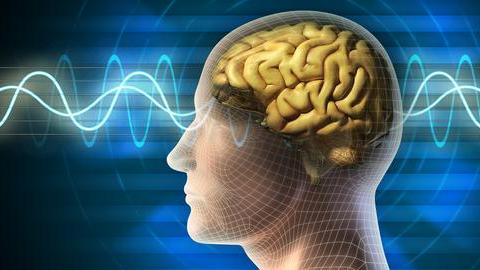Mind-Controlled Video Games (!) Could Also Improve Mental Health

What’s the Latest Development?
Several video game companies have made affordable headsets that read people’s state of mind and, by converting brainwaves into digital signals, help players use their thoughts to control objects in the real world. The San Jose-based NeuroSky employs 1,700 software engineers to develop mind-controlled computer games for the company’s $129 MindWave Mobile headset. The San Francisco-based start-up Emotiv Systems offers a $300 multi-sensor headset and sells a variety of software including a package of popular games like “Call of Duty” and “World of Warcraft” that are optimized for the company’s headset.
What’s the Big Idea?
Beyond video games, the technology may have important applications for mental health. Pychiatrists already understand that training the prefrontal cortex can help combat anxiety, post-traumatic stress and attention-deficit disorder. Mind-reading headsets are already used in one English prison to teach inmates to keep cool in gang-related situations. “Michael Brody, a psychiatrist who teaches at the University of Maryland, cautions that mind-controlled games are useful only if they move beyond the novelty stage and become a standard part of patients’ mental health regimens.”
Photo credit: Shutterstock.com




